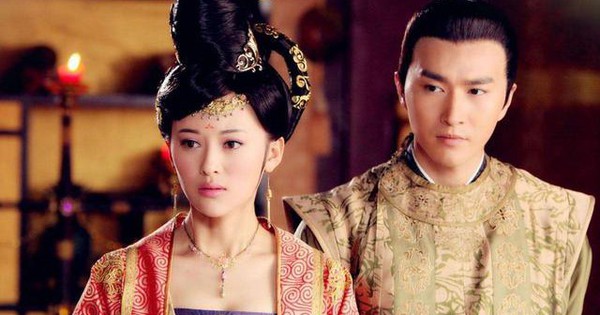Marrying a princess was not the best choice In modern thinking, a man marrying a princess and becoming a royal consort is seen as a great honor. Many historical dramas depict a humble scholar who, after years of hard study, passes the highest imperial examination, marries a princess, and reaches the pinnacle of success. However, in reality, during the feudal society, especially in the Tang Dynasty, marrying a princess was not an ideal choice, particularly for prestigious families that had been established for thousands of years. They generally did not want to marry princesses.
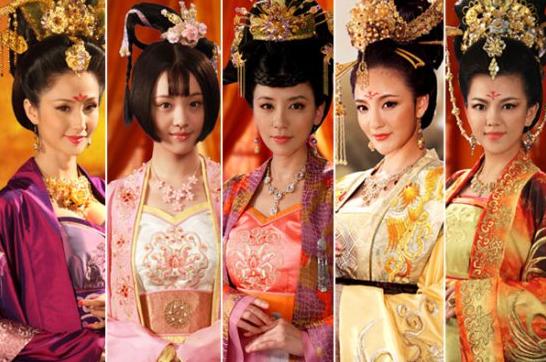
In reality, marrying a princess during the Tang Dynasty was not an ideal choice. (Image: Sohu)
Why did they think this way? Isn’t marrying the emperor’s daughter akin to standing at the top of the world? Not only would the future be promising, but the entire clan would also receive the emperor’s favor—benefits without any downsides. However, as Sohu analyzes, if we place ourselves in the shoes of these noble families at that time, we would see that marrying a princess could indeed be a “bargain,” but one that offered no real profit. Reasons why Tang Dynasty noble families were reluctant to marry princesses: Firstly, in terms of the role of a wife, princesses of the Tang era were not a good choice at all. Being the daughters of emperors, they were pampered from a young age, accustomed to arrogance, and often had volatile tempers. While a bit of stubbornness might be normal among noble girls, if one were to marry a common noblewoman, a husband could argue on equal terms during disagreements. However, if one married a princess, that would be impossible. For instance, in the famous tale of the “Four Hits on the Golden Lychee,” the story of Princess Shangping and her husband, Guo Ai, illustrates this point. Guo Ai, the son of the Duke of Fendong, married Princess Shangping, the daughter of Emperor Daizong. During the 80th birthday celebration of Guo Ai’s father, when everyone respectfully congratulated him, Princess Shangping acted rudely. Furious, Guo Ai confronted the princess, saying, “You think that just because your father is the emperor, you can bully others! My father, Guo Ziqing, could also be an emperor; he just doesn’t want to!” The princess, upset, ran to the palace to complain to Emperor Daizong.
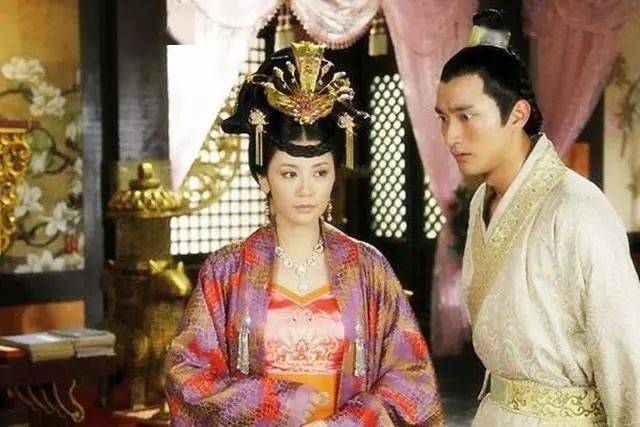
According to noble families in the Tang Dynasty, princesses were spoiled, accustomed to arrogance, and often had volatile tempers. (Image: Sohu)
When Emperor Daizong heard about this, he told the princess, “This is the truth! If Guo Ziqing were to become emperor, see how high and mighty you can be then!” Upon learning of the incident, Guo Ziqing tied up Guo Ai and brought him to the palace for punishment. However, Emperor Daizong, upon hearing the story, not only did not punish Guo Ai but also comforted Guo Ziqing and awarded him a few gifts. As a result, Guo Ziqing punished Guo Ai and let the matter rest. Objectively speaking, Guo Ai’s words were not wrong. Those familiar with history know that without Guo Ziqing, it remains a question whether the Tang Dynasty could have quelled the An Lushan Rebellion. Modern historians also regard Guo Ziqing as one of the key figures who “revitalized the Tang Dynasty.” Guo Ai’s remarks could merely have been an angry outburst during an argument. However, even a prominent figure like Guo Ziqing faced such disrespect, let alone other noble families. Secondly, regarding personal virtue, most Tang princesses were not ideal wives. Historical records indicate that the Tang Dynasty was a rather liberal era. Princesses, spoiled since childhood, led increasingly extravagant personal lives.
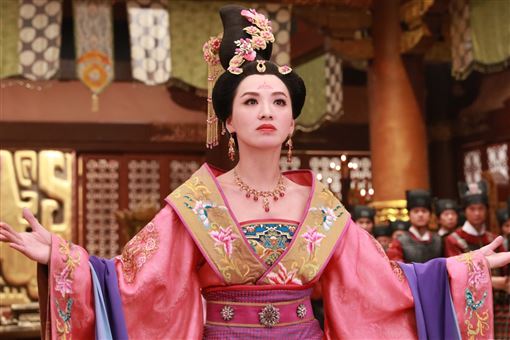
Princesses were spoiled from a young age and led increasingly extravagant personal lives. (Image: Sohu)
For example, the “New Book of Tang” mentions the story of Princess Gaoyang, daughter of Emperor Taizong, who married the son of the famous general Fang Xuanling. Initially, this marriage seemed perfect. However, after the wedding, Princess Gaoyang felt unhappy and openly had an affair with a monk named Bian Ji, causing a stir in the capital. When this reached Emperor Taizong, he ordered Bian Ji to be executed along with more than ten of the princess’s servants for sheltering him. The princess, unaware of her wrongdoing, further resented Emperor Taizong. From then on, she disregarded all propriety and became involved with various scholars and Daoists. Until Emperor Taizong’s death, she showed no remorse. Another example is Princess Taiping, daughter of Empress Wu Zetian, who openly kept a male lover in her residence and even gifted her favorite to her mother. Such incidents were not isolated but occurred frequently, leading to the decline of the Tang princesses’ reputation. Thirdly, as daughters of the emperor, princesses held a very noble status. Typically, after marrying, not only did the royal consort have to pay daily respects, but the parents of the royal consort also had to frequently check on the princess. In the case of Princess Shangping, the reason for the quarrel with Guo Ai was her blatant disrespect. Not only did she fail to show filial piety towards her in-laws, but she even demanded that Guo Ziqing kneel before her.
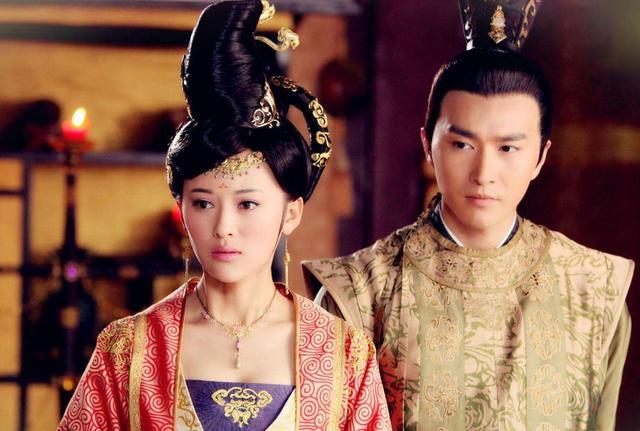
After marrying a princess, not only does the royal consort have to pay daily respects, but even his parents must frequently check on her. (Image: Sohu)
Of course, marrying a princess was not without its benefits. Having the emperor as a father-in-law could certainly bolster the royal consort’s career, and the royal consort’s clan would also benefit. However, these advantages held little significance for the truly prestigious clans. For them, even without marrying a princess, their paths to power remained wide open. Furthermore, support from their own families was often more substantial than that offered by the emperor, without the associated controversies. Regarding the glory of their clans, many of these powerful families had existed for thousands of years, with their histories traceable back to the Han Dynasty. Over such a long history, these clans
